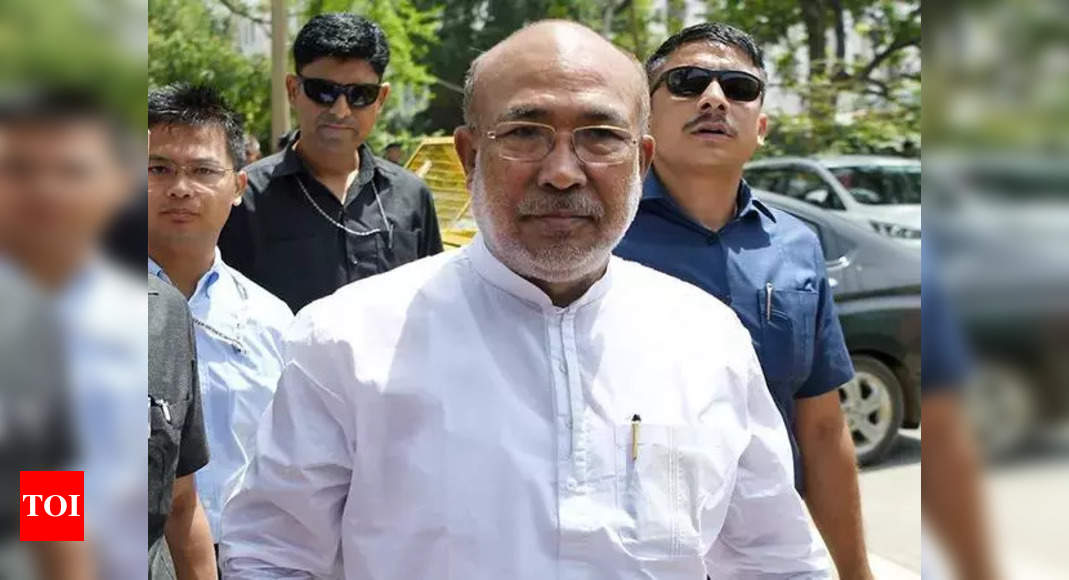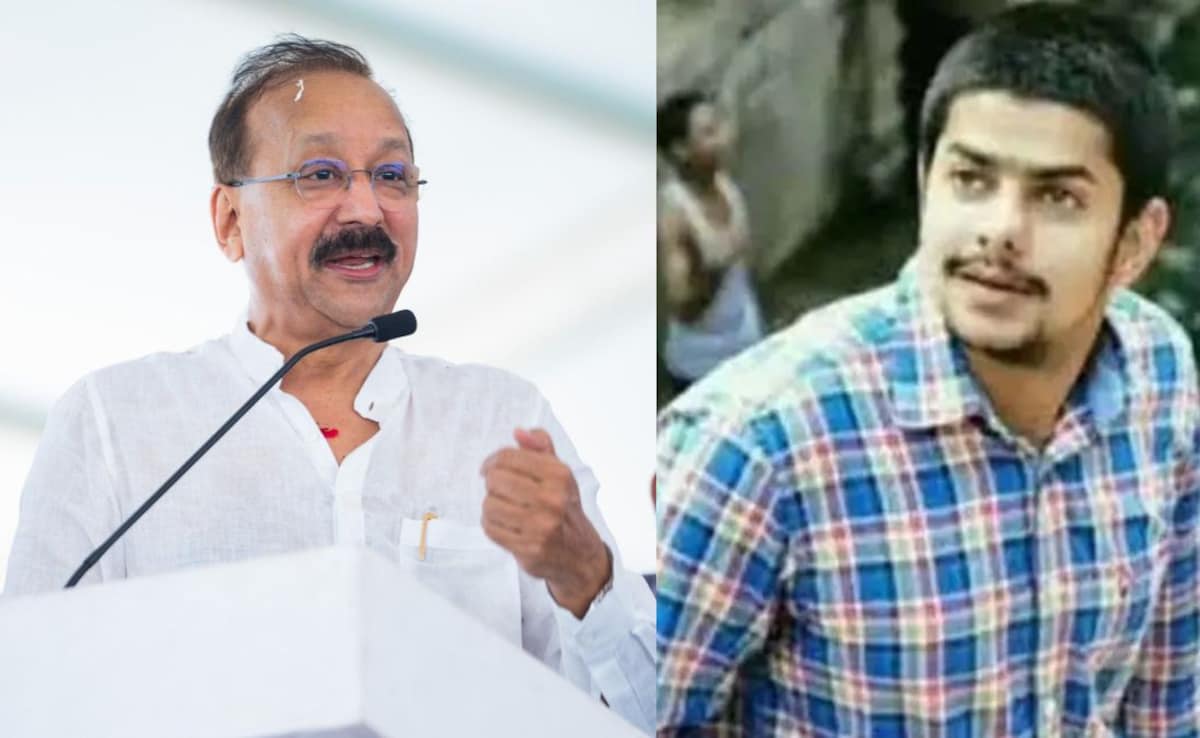
During the convention, Gus Walz, who has a nonverbal learning disorder, anxiety, and ADHD, was seen tearfully expressing his love for his father from the front row as Walz delivered his acceptance speech.The emotional exchange between father and son, captured on live television, quickly went viral, drawing widespread praise.
However, this touching moment also unleashed a barrage of cruel comments on social media, primarily from supporters of former President Donald Trump. Conservative figures such as Ann Coulter and podcaster Mike Crispi mocked Gus, with Crispi derogatorily labeling him a “puffy beta male.” The backlash from these comments has ignited a broader discussion on the bullying that children with disabilities frequently endure.
Advocates have condemned the online vitriol directed at Gus, highlighting that children with disabilities are significantly more likely to be bullied than their peers. Katy Neas, CEO of The Arc of the United States, called the attacks “a painful reminder” of the daily challenges these children face, emphasizing the long-term impact bullying can have on their academic and social development.
Kristen Eccleston, a former special education teacher, noted that children with learning disabilities are often targeted because they may struggle with communication or social skills. She stressed the importance of surrounding children like Gus with support and fostering open discussions about emotions to help them develop resilience.
The bullying incident has also drawn attention to the role of social media in enabling such behavior. Anne Strober, a parent of a child with autism, expressed her dismay at the cruelty displayed online, pointing out the anonymity that emboldens bullies. Strober emphasized that children, particularly those with disabilities, should be off-limits to such attacks.
While the Walz campaign has declined to comment on the incident, the impact of this bullying has resonated beyond the political arena, serving as a stark reminder of the challenges faced by children with disabilities in an increasingly digital world.









